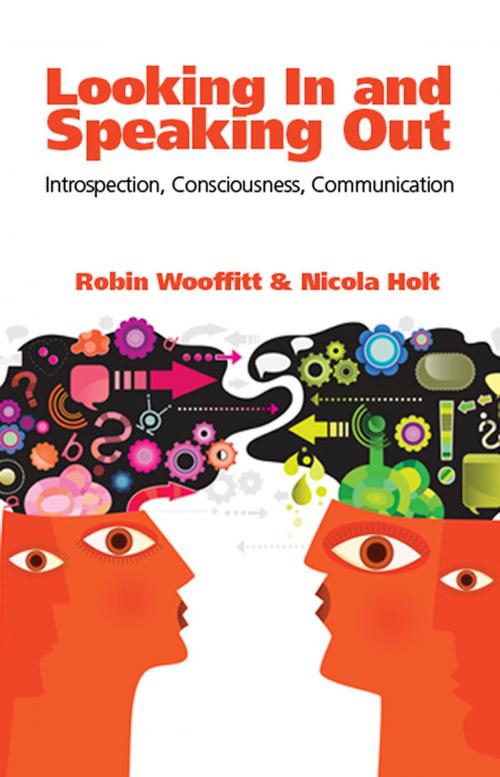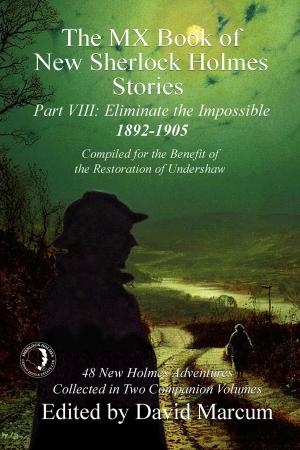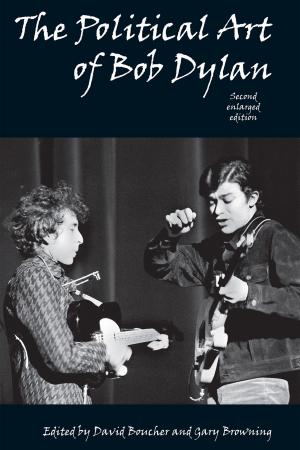Looking In and Speaking Out
Introspection, Consciousness, Communication
Nonfiction, Health & Well Being, Psychology, Cognitive Psychology, Interpersonal Relations| Author: | Robin Wooffitt | ISBN: | 9781845403348 |
| Publisher: | Andrews UK | Publication: | November 23, 2011 |
| Imprint: | Imprint Academic | Language: | English |
| Author: | Robin Wooffitt |
| ISBN: | 9781845403348 |
| Publisher: | Andrews UK |
| Publication: | November 23, 2011 |
| Imprint: | Imprint Academic |
| Language: | English |
This book argues that it is essential to examine the linguistic and communicative practices that are used in the production of introspective data, thereby making an important contribution to debates about how we may study experience that are relevant to a wide range of disciplines. There are three objectives. The text offers an account of the way in which contemporary researchers are employing introspection methodologies; it argues for the importance of viewing introspective data as discourse, and illustrates this via discussion of research findings in four substantive chapters; and it outlines new directions for research and theorising on introspection and consciousness which will have implications for a range of psychological and social science disciplines.
This book argues that it is essential to examine the linguistic and communicative practices that are used in the production of introspective data, thereby making an important contribution to debates about how we may study experience that are relevant to a wide range of disciplines. There are three objectives. The text offers an account of the way in which contemporary researchers are employing introspection methodologies; it argues for the importance of viewing introspective data as discourse, and illustrates this via discussion of research findings in four substantive chapters; and it outlines new directions for research and theorising on introspection and consciousness which will have implications for a range of psychological and social science disciplines.















